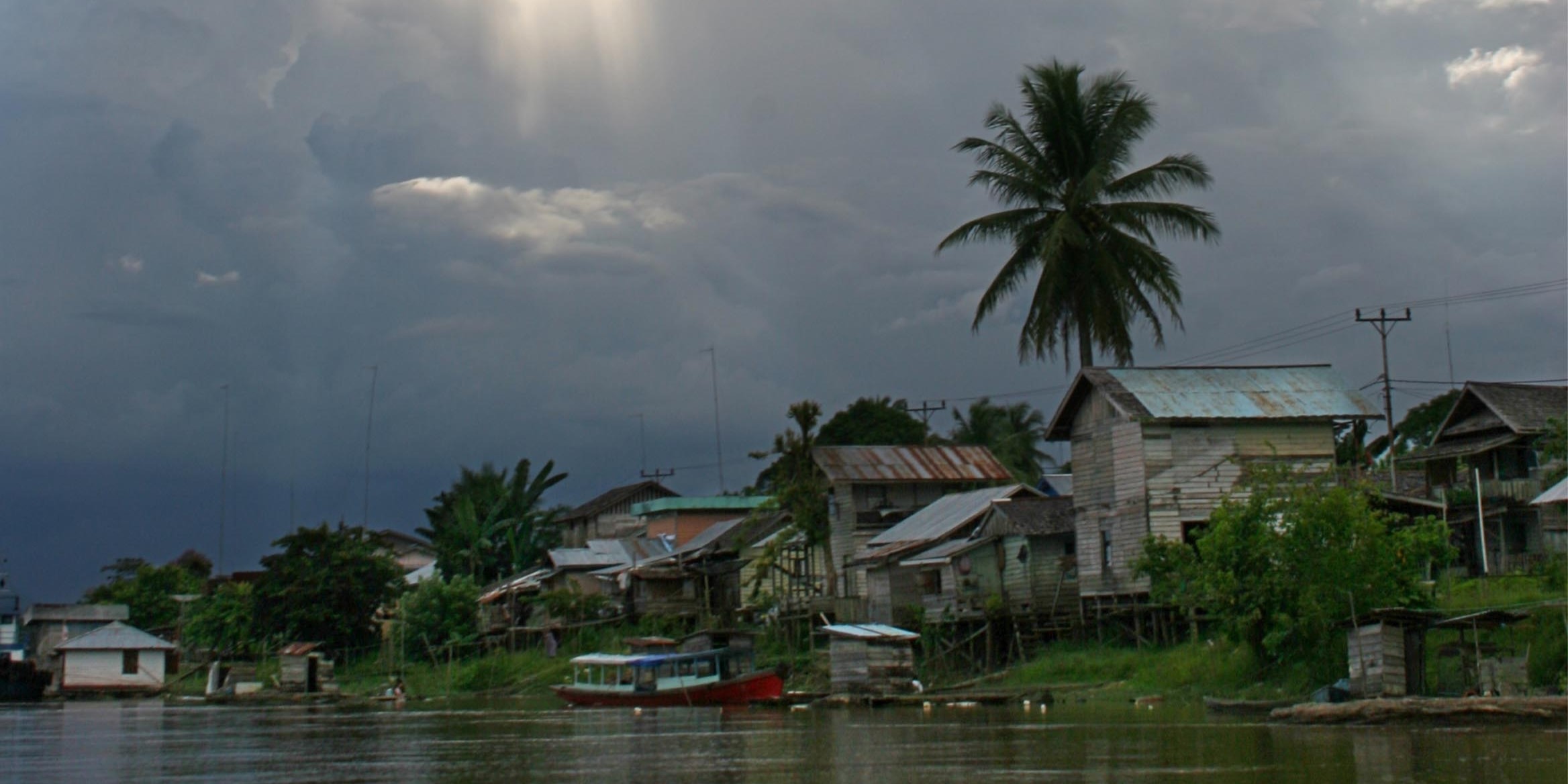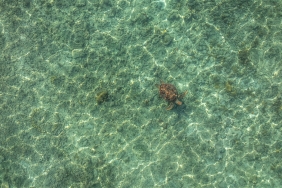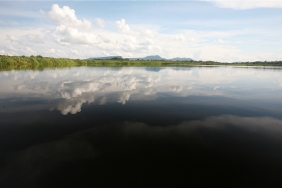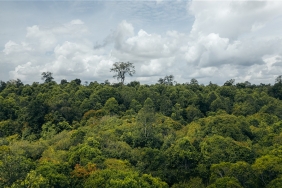KAPUAS HULU DEVELOPS ECOTOURISM AND ENVIRONMENTAL SERVICES
Putussibau (24/1) - Kapuas Hulu district is one of the few districts in Indonesia that has two National Parks within its administrative area, namely Danau Sentarum National Park (TNDS) and Betung Kerihun National Park (TNBK) with an area of 932,000 hectares. Kapuas Hulu also has a large area of preserved natural forest with a variety of exotic wildlife, so that as a whole it is an important ecosystem and water system (hydrology) unit for the surrounding communities downstream.
If the natural forest and its resources, as well as the culture of the people, are well developed and managed, they will become an important asset for the development of nature tourism that can become a significant and sustainable source of local revenue for the district.
In order to build a common view of local stakeholders about the importance of ecotourism and water environmental services in the area, the Balai Besar TN. Betung Kerihun, the National Park Center. Danau Sentarum, Kapuas Hulu District Culture and Tourism Office, Regional Forestry Development Control Center III (Kalimantan), GIZ-ForClime Program and WWF Indonesia West Kalimantan Program held a workshop on 21 - 22 November 2011 in Putussibau. The workshop was held in Putussibau.
"Through this workshop we hope that the relevant parties will agree on strategic recommendations for the development of ecotourism and environmental services in the national park area and its surroundings," said A. M. Nasir, S.H, Regent of Kapuas Hulu. According to him, Kapuas Hulu District, which is mostly located in conservation areas, has a lot of potential that can be developed, including the potential of water for environmental services.
"The extraordinary water potential that can be produced by all forests in Kapuas Hulu District is a natural resource capital that should be able to provide positive results for the people of Kapuas Hulu both in terms of economic, social and cultural aspects," he continued.
In addition, he also added, "From a watershed perspective, riverbank areas are very important to conserve, because they affect the quality and quantity of surface water in the watershed and have an impact on the chain of users of watershed services, for example from water transportation, surface water utilization, to the distribution of clean water managed by PDAM," he explained. .
Meanwhile, the Head of the Betung Kerihun National Park Center, Dr. Ir. Joko Prihatno, MM, pointed out the potential for environmental services that can be developed in the Betung Kerihun National Park area, namely the use of water and water flow services, nature tourism, biodiversity protection, environmental rescue, and carbon sequestration. .
"Mainstreaming the development of ecotourism and environmental services in the national park area and its surroundings in Kapuas Hulu Regency is something very important for regional development, as well as for the sustainability of the functions and existence of the two national parks in this district,". The fundamental thing in the development of ecotourism and environmental services is to build synergy in the planning and implementation of activities among the parties, he said.
The importance of environmental services as a solution to empower communities living around conservation areas was expressed by the Head of Danau Sentarum National Park Ir. H. M. Soewignyo. "Conservation cannot be considered successful if the people in it are not prosperous. The development of environmental service programs that accommodate cultural potential and bring benefits to the welfare of local communities is very important to note. This means that it is our duty to synergize ecology, economy, and socio-culture so that they can run in harmony for the common good. For example, through this workshop," he explained.
The workshop was attended by Central, Provincial, District, sub-district and village government officials, non-governmental organizations, the private sector, local communities, and journalists with a total of 112 participants.
"This workshop is a good momentum to discuss the criteria of environmental service business management, whose mechanism is regulated and agreed upon by related parties, including the government, the community, the private sector and environmental service users," said Wisnu Rusmantoro, WWF-Indonesia's Heart of Borneo Program Coordinator. According to him, the initiative to develop environmental service certification is a new breakthrough in how environmental services are valued from a business perspective and through this workshop it is hoped that the stages and criteria can be agreed upon so that the initiative can be implemented in Kapuas Hulu.
"In general, in this workshop, WWF-Indonesia plays a role in facilitating the technical and development of environmental services mechanisms which will then be discussed and agreed upon by all parties," he concluded.





